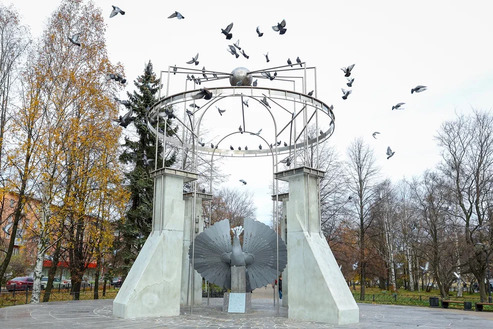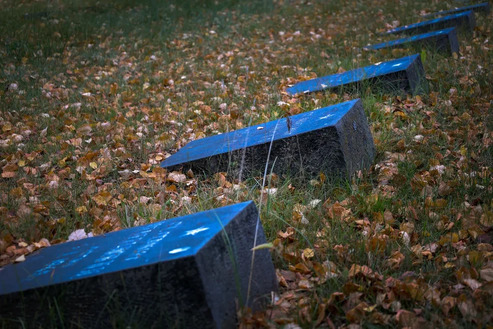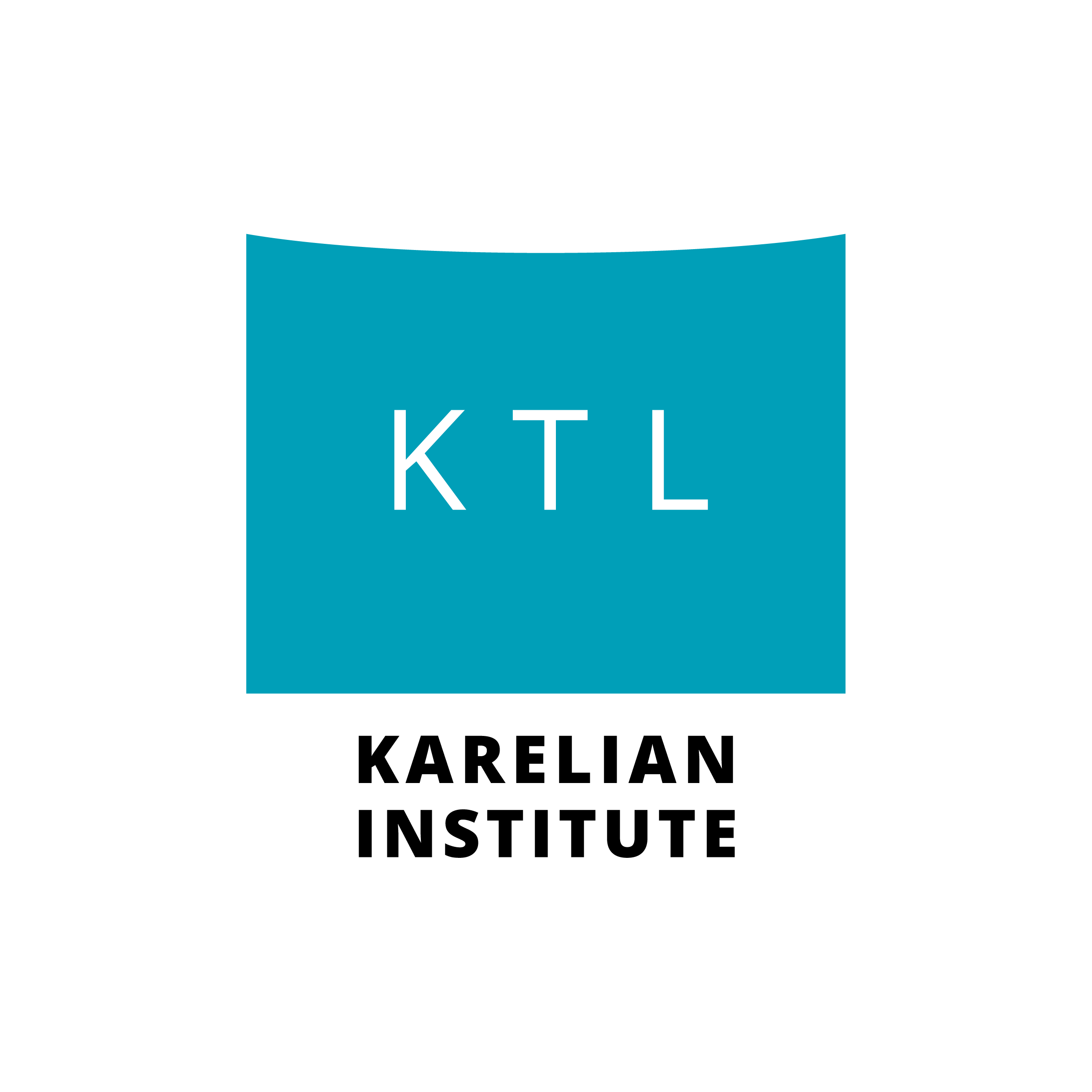Victory Day: Interview with Prof. Paul Goode

Is death near?
Interesting interview technique.
We are talking on the eve of Victory Day in Russia. What can researchers of Russian patriotism find new in the study of commemorating practices relevant to the victory over Nazi Germany in 1945?
Highly ritualized occasions like Victory Day can be deceptively routine, but (as the saying goes) there is never nothing going on. Commemorating practices are ways to mobilize the past to legitimate the current social and political order. We can observe ways that past practices are adapted to new circumstances or invested with new meaning. We can also observe how this adaptation co-opts popular, everyday practices to reinforce or supplant official repertoires.
Where commemorative practices are replicated across multiple sites, they are also opportunities to observe how local actors use the occasions to demonstrate loyalty or perhaps advance the interests of their constituencies. Finally, such occasions are also opportunities for opposition and dissenters to challenge the existing order.
In the language of most Russian state media commentators, the Ukrainians have no agency. They cannot make choices for themselves. They cannot elect a government for themselves. They are not even human – they are “Nazis.” Does it mean that Nazis still exist and the 1945 Victory was not real?
Ukraine and Ukrainians have long been portrayed as lacking agency, and the current war is no exception. The Orange Revolution was portrayed as a CIA plot and Ukrainians as dupes, victims, or collaborators, with the collaborators painted as neo-Nazis or Banderites. Little changed with the Revolution of Dignity in 2014, except that Russia’s state media wrapped the annexation of Crimea in the symbolism of the Great Patriotic War. The same essential cast of characters, symbolism, and tropes appear in Russian propaganda today, with Putin in the lead role of savior and defender.
There is a logic to it, at least insofar as Putin has made the commemoration of the Great Patriotic War an essential element of his regime’s legitimacy. The difficulty of this legitimation tactic is somehow maintaining an intimate connection with the past, so a new iconography was developed and popular movements like the Immortal Regiment were co-opted into state commemorations to provide a means for Russians today to experience a personal tie with the war.
The key is not necessarily to make a historically accurate connection, but to replicate the sensory experience of sacrifice and obligation. Sergei Oushakine (2013) describes this as “chronographic suturing.”
However, claiming legitimacy in the name of fighting fascism requires new enemies. Nazi Germany may have been defeated, but the Russian media would have you believe that fascism festered beneath the surface in Ukraine for decades and then was weaponized by the West. In a sense, it’s not that the victory in 1945 wasn’t real, but rather that it was incomplete.
For Putin, completing the task of 1945 means dismantling Ukrainian sovereignty and nationhood, both of which are viewed as historical injustices against Russia and cynical Western machinations. In turn, waging war on Ukraine is simultaneously viewed as waging war with the West because this twisted historical logic dictates that Ukraine is not really independent and Ukrainians are not really Ukrainians.

Anne Applebaum in her recent contribution to The Atlantic argues that for decades now, we’ve been fighting a culture war between liberal values on the one hand and muscular forms of patriotism on the other. The Ukrainians are showing us a way to have both. As soon as the attacks began, they overcame their many political divisions and they picked up weapons to fight for their sovereignty and their democracy. They demonstrated that it is possible to be a patriot and a believer in an open society, that a democracy can be stronger and fiercer than its opponents. Do you agree with such observation?
I think there was always a false dichotomy between a liberal world order and “muscular forms of patriotism,” and I’m not really sure that we need the latter to explain why people unite to fight an invading neighbor (again). I read Applebaum’s article as making common cause with those who view the war in Ukraine as a focal point for the global struggle with patrimonialism and illiberalism, which they exemplify with the international community’s (especially the EU and the US) newfound resolve to go after the corrupt sources of wealth that sustain Russia’s war machine. One might criticize this view as ideologically opportunistic and exploiting Ukraine’s tragedy for political ends, though at least it acknowledges Ukraine’s agency and prioritizes its survival.
Another way to understand this claim is to interrogate what is meant by a “muscular form of patriotism.” Patriotism can be a tricky concept. It is often viewed as opposed to nationalism, chauvinism, or extremism, but it is also used to mean loyalty and dedication to the state. The line between nationalism and patriotism is particularly slippery, as both are associated with unity in support of the state or homeland.
I tend to agree with Michael Billig’s (1996) treatment of patriotism and nationalism as a function of one’s positionality in viewing our own nationalism as patriotism.
I also draw some inspiration from Sinisa Malesevic’s (2019) argument that globalization and nationalism are not polar opposites, but rather that globalization facilitated and intensified the spread of nationalism in everyday life. When viewed in this light, a “muscular patriotism” is what we would call a form of sovereignty-preserving nationalism that is part and parcel of the liberal world order.
Why would patriotic Russian forces deliberately use Z-symbols? Do you have any reasonable explanations?
There has been a lot of speculation about this. The Z and V signs originated with the military to visibly distinguish Russian armor by its origin, while the marketing campaign surrounding them allegedly was a product of the Ministry of Defense’s PR department. Outside of a military context, the Latin character Z is an easily replicable, empty signifier. It can be filled with any content and inscribed almost anywhere.
To ask why patriotic Russian forces would use it, the simplest answer is to conspicuously display one’s loyalty to the state and to squelch dissent. When Zs dominate public spaces, they convey the impression that they are accepted by the majority of people.
In my own interviews with Russians about patriotism in 2014-2016, my respondents often claimed that “everyone else” was zombified by patriotic propaganda. This perception that the rest of the population is comprised of “ura-patriots” creates what sociologists refer to as third person effects, with the result that individuals tend to self-censor in social contexts. This contributes to a spiral of silence as an increasing range of dissenting views are excluded from public discourse.
Incidentally, when I conducted focus groups on patriotism in Russia, you could see how certain groups were more inclined to exclude topics from consideration – or what I came to think of as a kind of threshold of patriotic tolerance. This was especially the case among public sector employees, which is in keeping with the comparative research that finds popular support for authoritarianism to be greatest among those who are most dependent upon (and vulnerable to) the state. One might expect this to apply to those who actively serve in the military, as well.
Perhaps most relevant to your question, though, was when my focus group participants were asked to suggest items to include in a museum exhibit about patriotism, for which the responses ran the gamut from pictures of Putin to one’s house slippers. Anything can be invested with patriotic significance, even a Z.
Thank you very-very much.
Thank you very much for the invitation!
The interview was led by Oleg Reut on behalf of the project Transnational death: practices of death and remembrance in the transnational everyday on the Finnish-Russian border
Click here to read earlier posts about this project.
Oleg Reut

Oleg Reut
Project Researcher
Karelian Institute
Paul Goode
Paul Goode
McMillan Chair of Russian Studies
the Institute of European, Russian and Eurasian Studies, Carleton University
His current research broadly focuses on nationalism and authoritarianism in Russia and the former Soviet states. Professor Goode is Editor-in-Chief of Communist and Post-Communist Studies and Associate Editor of Nationalities Papers. He also serves on the editorial boards for Russian Politics and Social Science Quarterly and the advisory board for Nations and Nationalism.